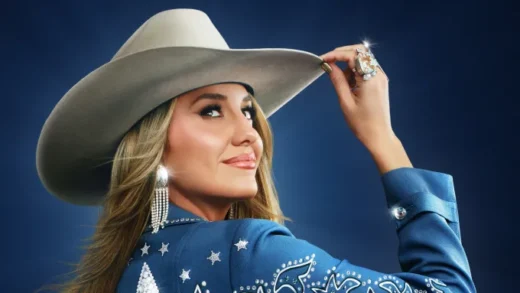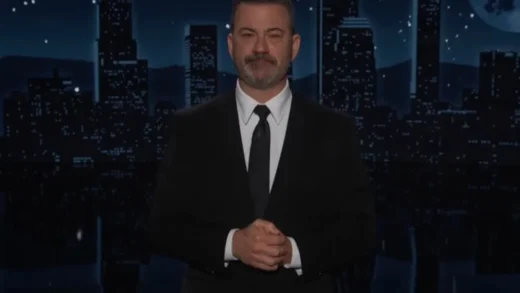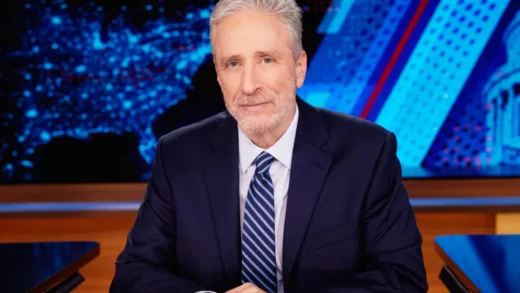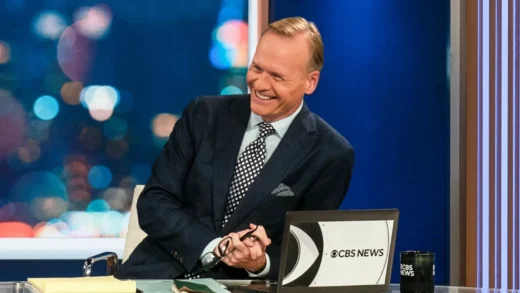Motivational speaker Tony Robbins has apologized after suggesting that some women are using the #MeToo movement to gain “significance” through “victimhood,” remarks that drew severe backlash from people — including the founder of the #MeToo movement — who accused Robbins of grossly misrepresenting their intentions.
Robbins made the comments last month in San Jose, where he was hosting one of his multiday self-help seminars called “Unleash the Power Within.” There, in an arena filled with thousands of participants, a woman named Nanine McCool took the microphone and brought up the #MeToo movement, as Now This News first reported.
“So I think you misunderstand the #MeToo movement,” McCool started. “I think —”
Robbins interrupted her mid-sentence.
“Not for you, personally. I’m not misunderstanding you,” he said, then responded with a string of slight non sequiturs. “You can educate me. I’m telling you I’ve read these. My life is about helping people. … I’ve read so many, thousands. Have you read thousands? Or are you going to tell me what your experience with the #MeToo movement is?”
He went on to say that he was “not knocking the #MeToo movement” but suggested some women were using it to play the victim for personal gratification.
“If you use the #MeToo movement to try to get significance and certainty by attacking and destroying someone else, you haven’t grown an ounce,” Robbins told the crowd. “All you’ve done is basically use a drug called significance to make yourself feel good.”
After a lengthy back and forth, McCool, who identified herself as a survivor of childhood sexual abuse, said she disagreed with him.
“You are a leader and an influential man, and you are doing a disservice, in my opinion, to the #MeToo movement,” McCool told Robbins, to cheers in the audience. “Certainly there are people who are using it for their own personal devices, but there are also a significant number of people who are using it not to relive whatever may have happened to them, but to make it safe for the young women. So that they don’t have to feel unsafe.”
(Excerpt) Read More in: The Washington Post




